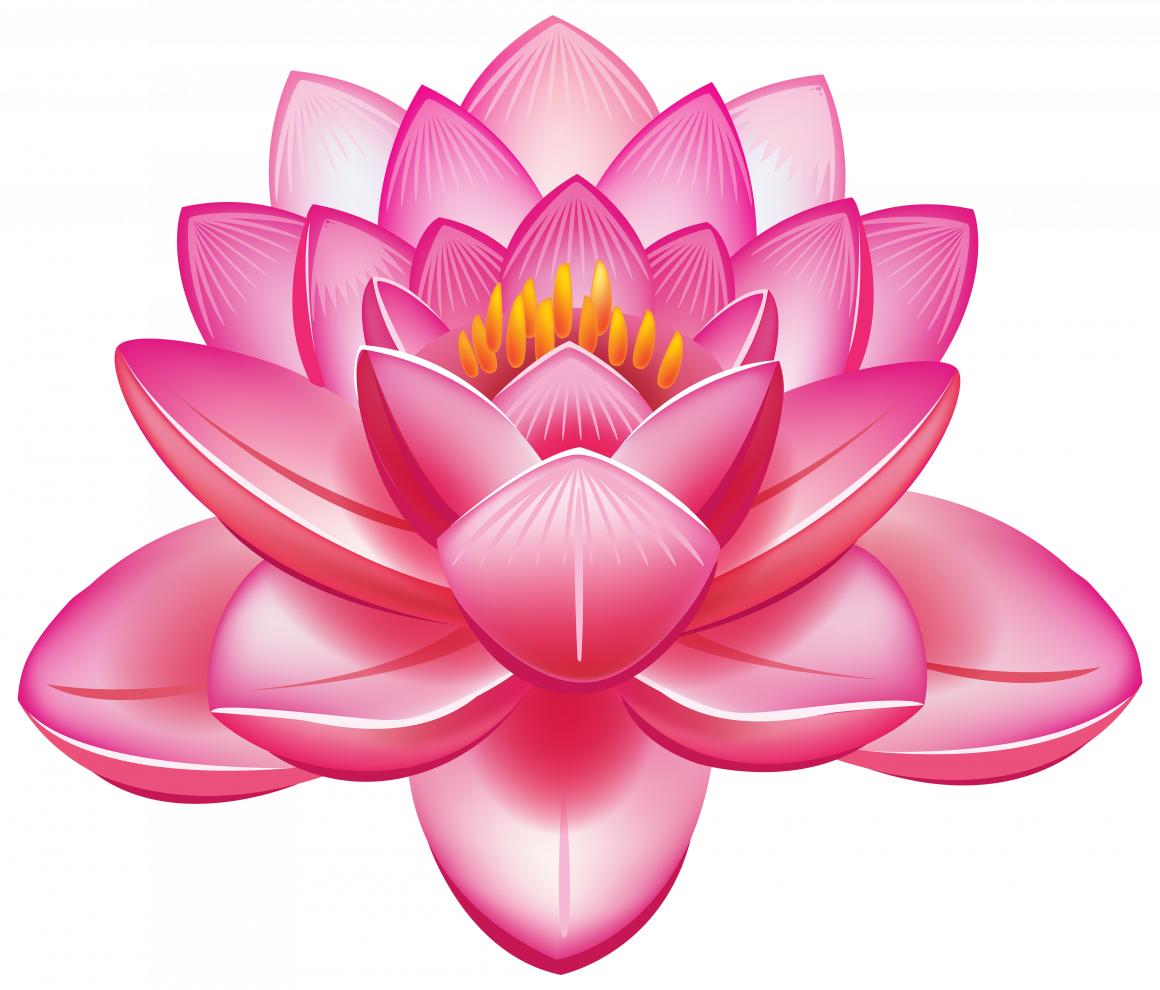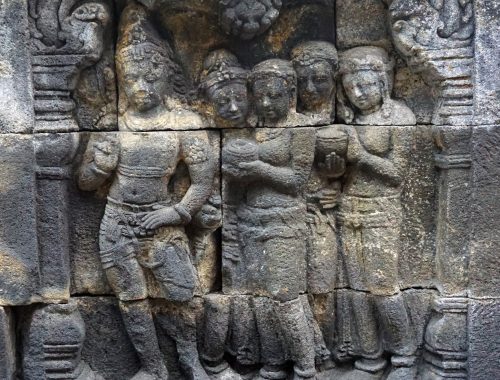
Three Meanings of Myo
“Myo means to open” (WND-1, 145). The Mystic Law brings out the inherent value of all things. In other words, no matter our state of life, when we chant Nam-myoho-renge-kyo, we can open and reveal the world of Buddhahood. Chanting is the key to unlocking the storehouse of wisdom, compassion and courage within that enables us to perceive the true nature of our lives and overcome all obstacles.
“Myo means to be fully endowed, which in turn has the meaning of ‘perfect and full’ ” (WND-1, 146). The Mystic Law is the source of all things. Just as a great tree sprouts from a tiny seed, the Mystic Law gives birth to and encompasses all things. Our life—comprising fundamental enlightenment, earthly desires, the nine worlds and the world of Buddhahood—is itself the Mystic Law, and we are fully endowed with the limitless potential of all phenomena.
“Myo means to revive, that is, to return to life” (WND-1, 149). Chanting Nam-myoho-renge-kyo revitalizes our lives and instills in us fresh hope amid adverse circumstances. Through chanting, we can reveal our Buddhahood. And every suffering can be “revived” or transformed, becoming a springboard toward absolute joy and fulfillment.
Chanting Can Lead All People to Enlightenment
In light of the many Buddhist sutras, the Lotus Sutra is revolutionary because it teaches that people of the two vehicles (voice-hearers and cause-awakened ones, representing the worlds of learning and realization), icchantikas (people of incorrigible disbelief who neither believe in Buddhism nor aspire to attain enlightenment), as well as evil people and women can attain enlightenment. Sutras taught prior to this sutra excluded these three groups of people from being able to attain enlightenment.

In “The Daimoku of the Lotus Sutra,” Nichiren explains that sutras preceding the Lotus Sutra taught that these three groups of people “scorched and killed the seeds that would have allowed them to become Buddhas. But by holding fast to this single character myo, they can revive these scorched seeds of Buddhahood” (WND-1, 149).
Nichiren also says that the character myo has the power to “cure the dead as well as the living” (WND-1, 149). Here, the “the dead” refers to the people of those three groups previously excluded from attaining enlightenment. Because chanting Nam-myoho-renge-kyo is powerful enough to reactivate their Buddha nature, it has the power to awaken the Buddha nature in all people.
This is why “myo means to revive, that is, to return to life” (WND-1, 149).
“The Power of Daimoku Is Colossal”
In a broader sense, by chanting Nam-myoho-renge-kyo and teaching others to do the same, we can fully experience the transformative power and benefit of the “three meanings of myo.”
SGI President Ikeda states: “The ‘three meanings of myo’ ultimately ensure that, just as the morning sun dispels the darkness, the lives of those who consistently chant Nam-myoho-renge-kyo will never be deadlocked. Chanting is the foundation of Nichiren Buddhism. When we vigorously chant daimoku, the sun rises brightly in our hearts. Energy surges, compassion wells forth, joy radiates and wisdom shines. All the Buddhas and heavenly deities—the positive forces of the universe—spring into action. Life becomes enjoyable. Nothing is more powerful than chanting Nam-myoho-renge-kyo” (May 2015 Living Buddhism, p. 35).
Everything hinges on chanting abundant daimoku. Second Soka Gakkai President Josei Toda often said: “A strong prayer to the Gohonzon is certain to be realized. There are three conditions, however: daimoku, daimoku and more daimoku!” He also said: “The power of daimoku is colossal. It can transform a life imbued with painful karma into one that is like strolling in a beautiful garden, or like a pleasant dream.”
Chanting Nam-myoho-renge-kyo revitalizes us when we become deadlocked, allows us to make full use of our lives, and helps transform all obstacles into the fuel for creating the strongest, happiest and most fulfilling lives. As we thrive based on our Buddhist practice, we in turn bring fresh vitality to our families, communities and society.
NOTES:
1. Daimoku: 1) The title of a sutra, in particular the title of the Lotus Sutra of the Wonderful Law (Myoho-renge-kyo). The title of a sutra represents the essence of the sutra. 2) The invocation or chanting of Nam-myoho-renge-kyo. 2. See May 2015 Living Buddhism, p. 30.
Myo Means “to Open, to Be Fully Endowed and to Revive” World Tribune June 14, 2019 p.8




